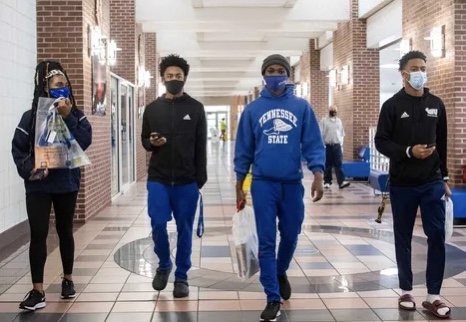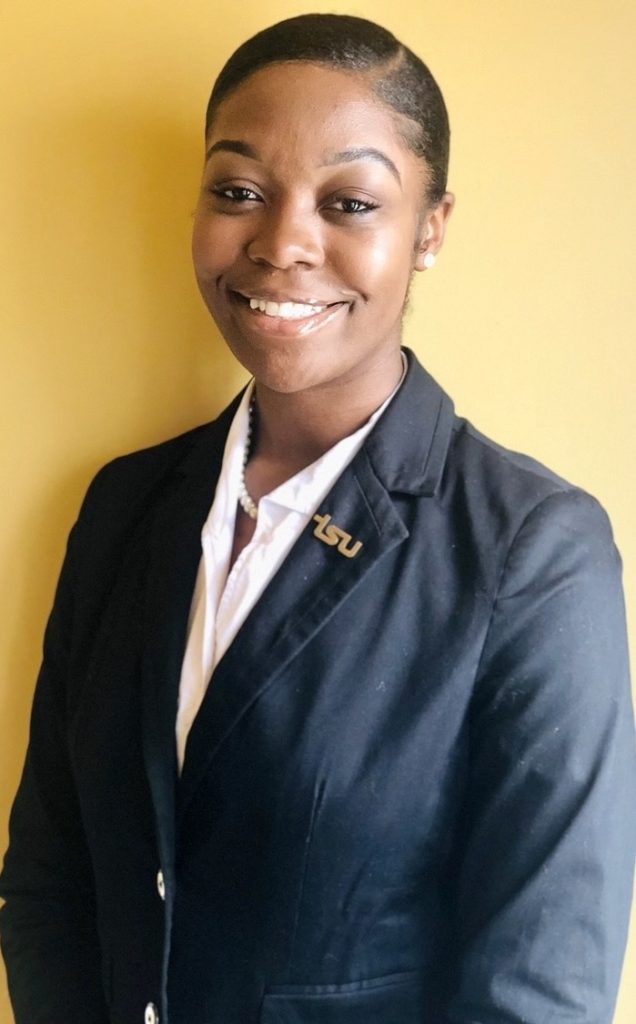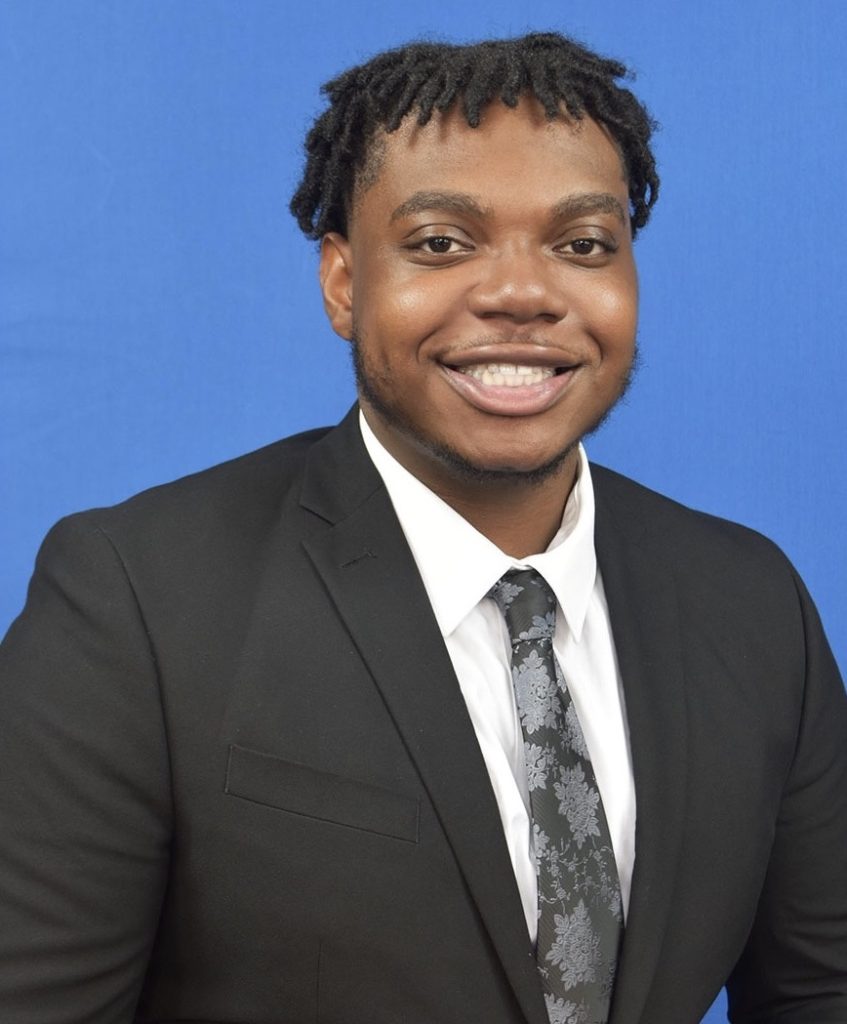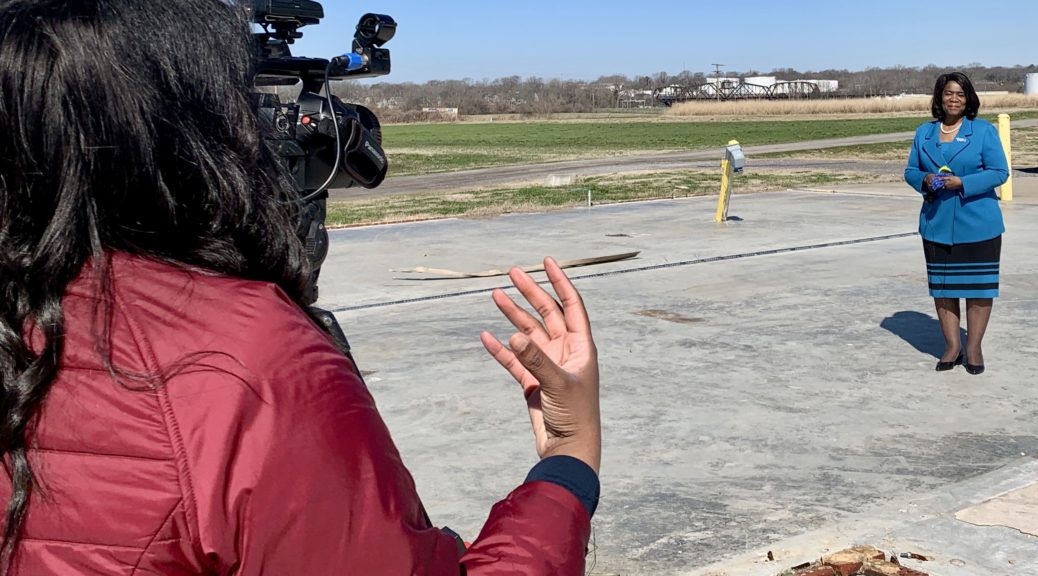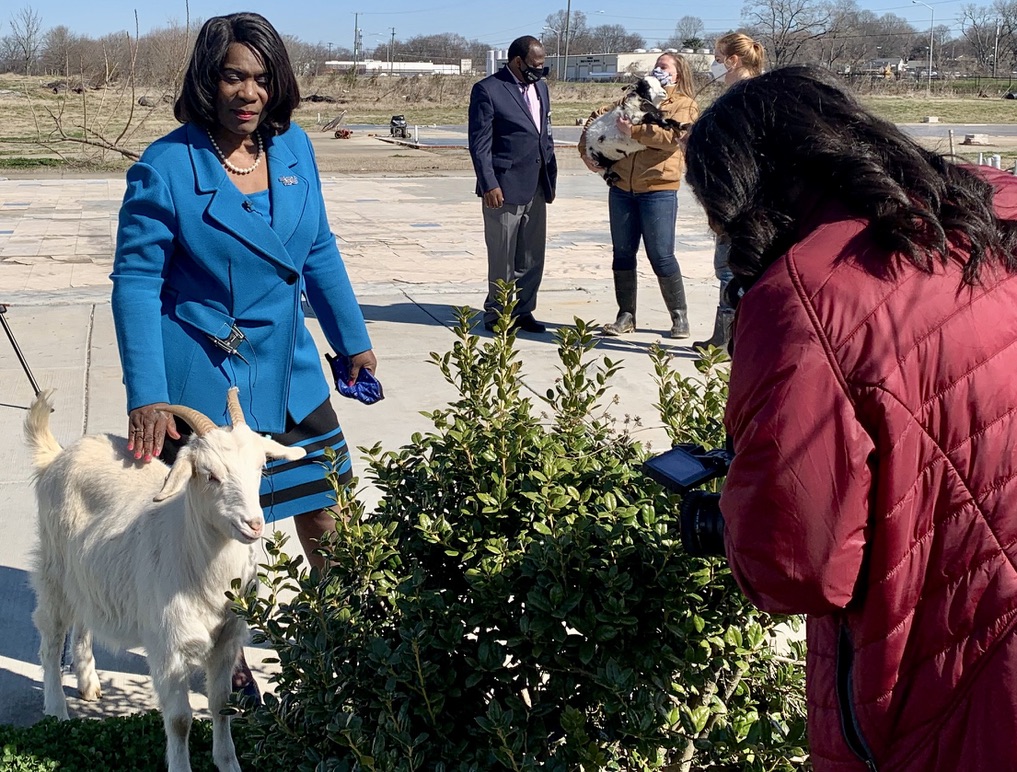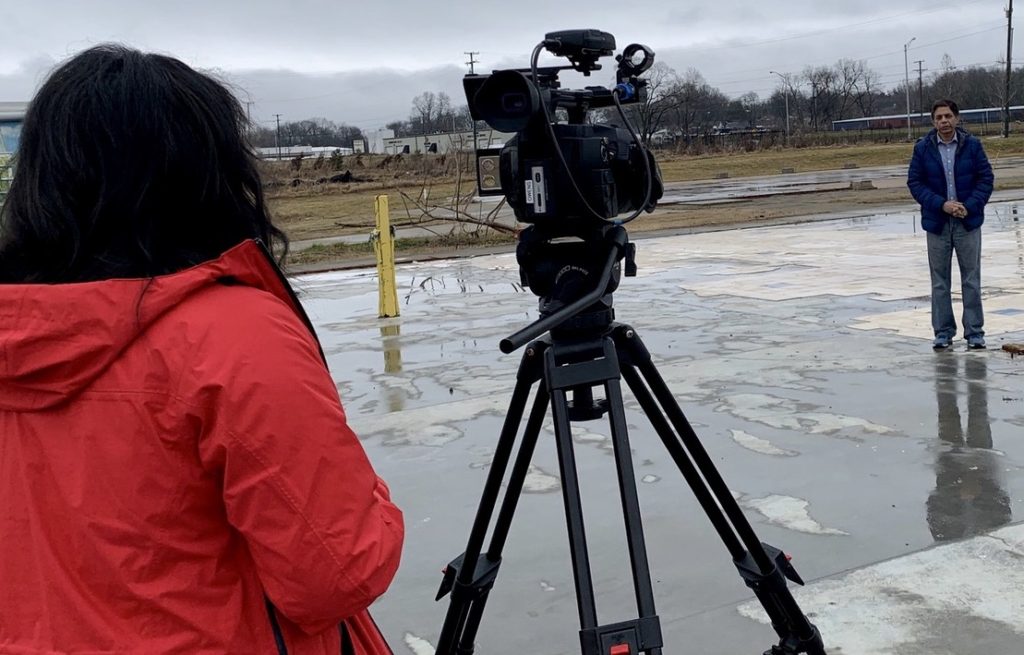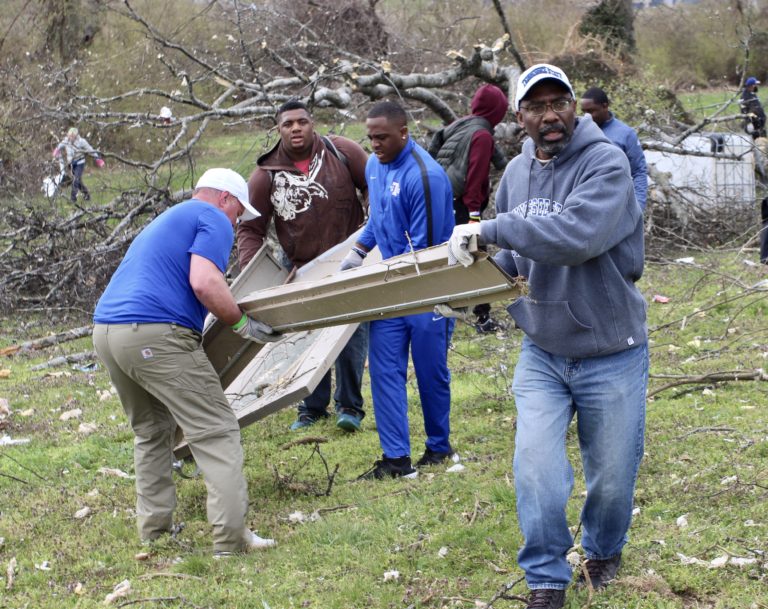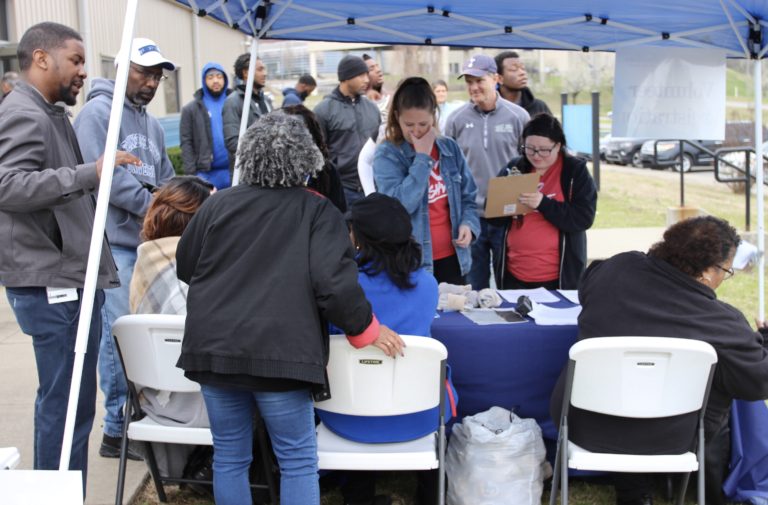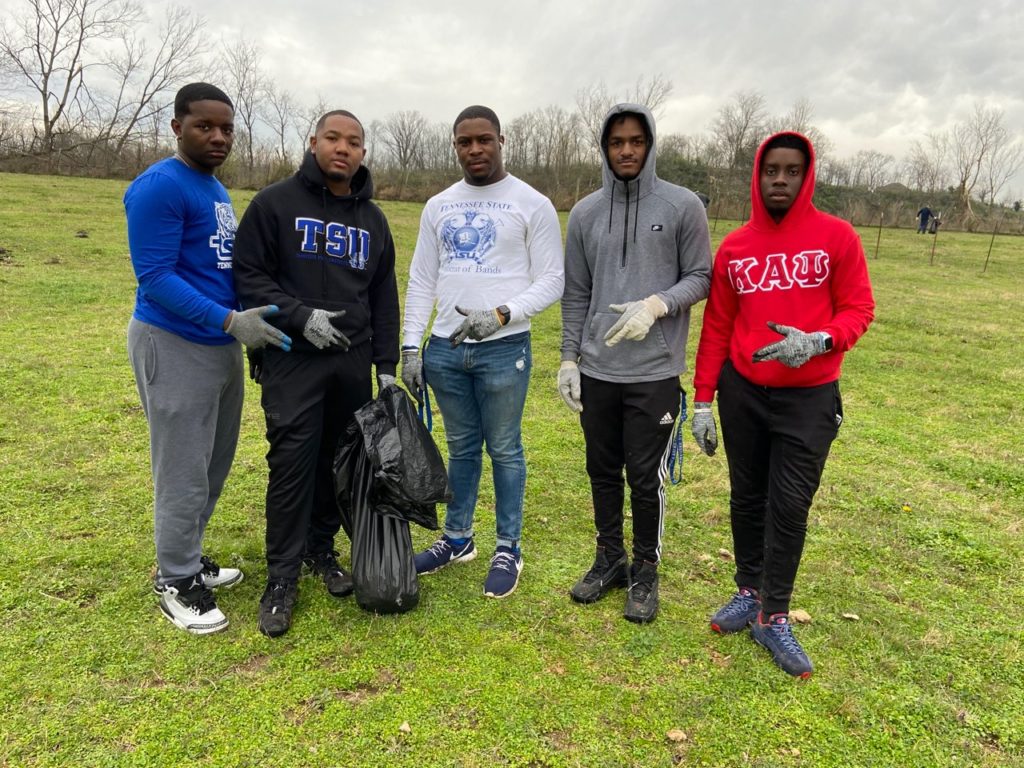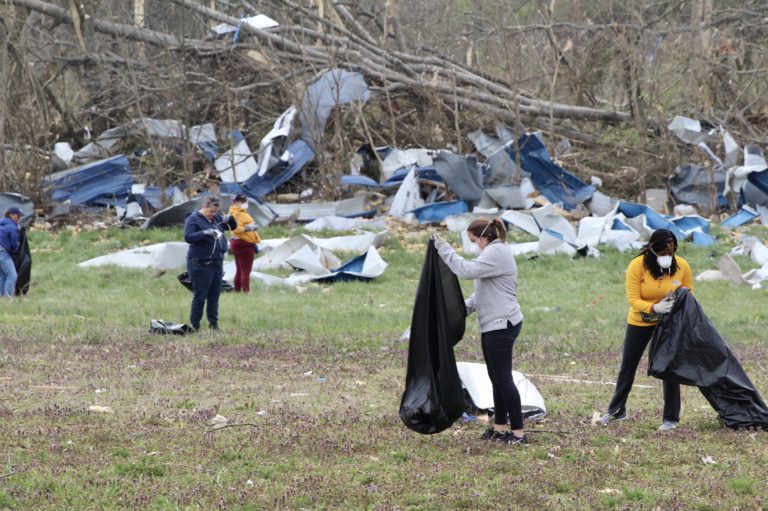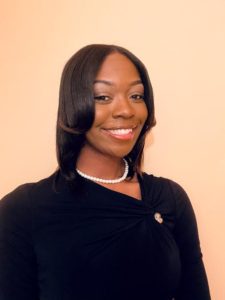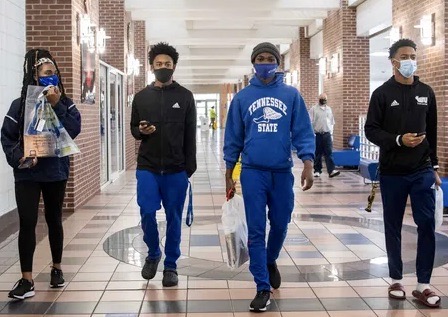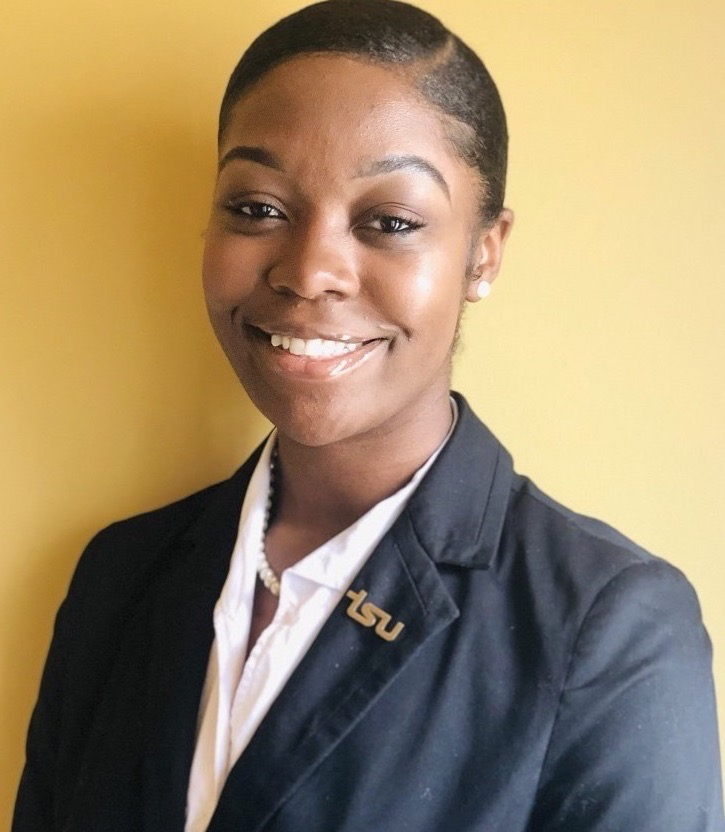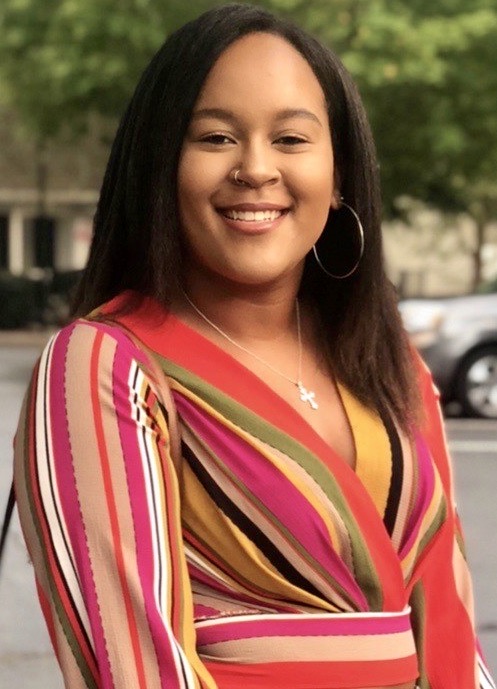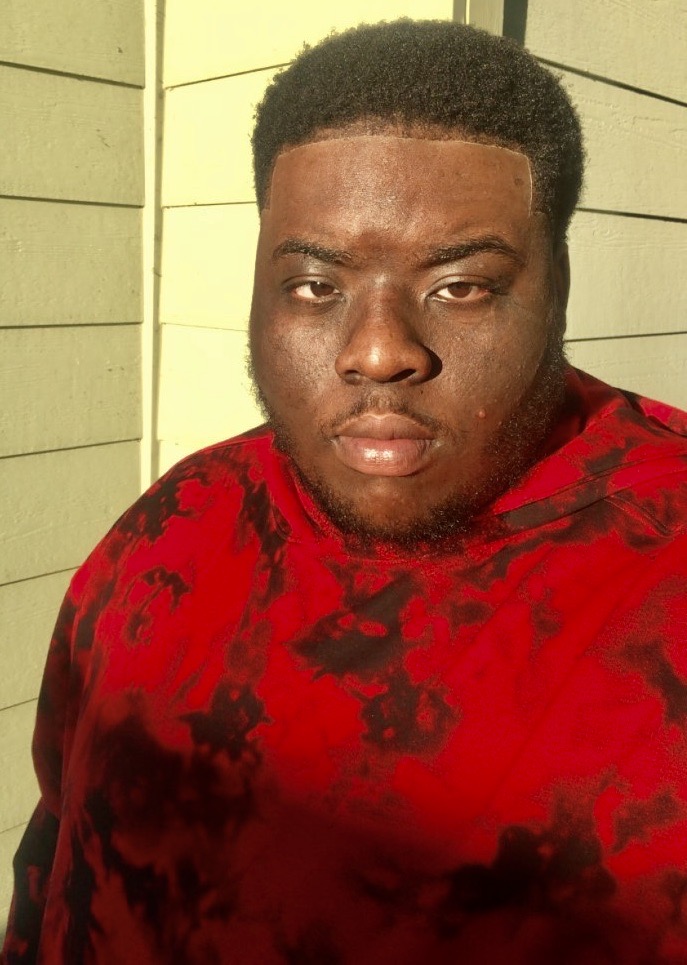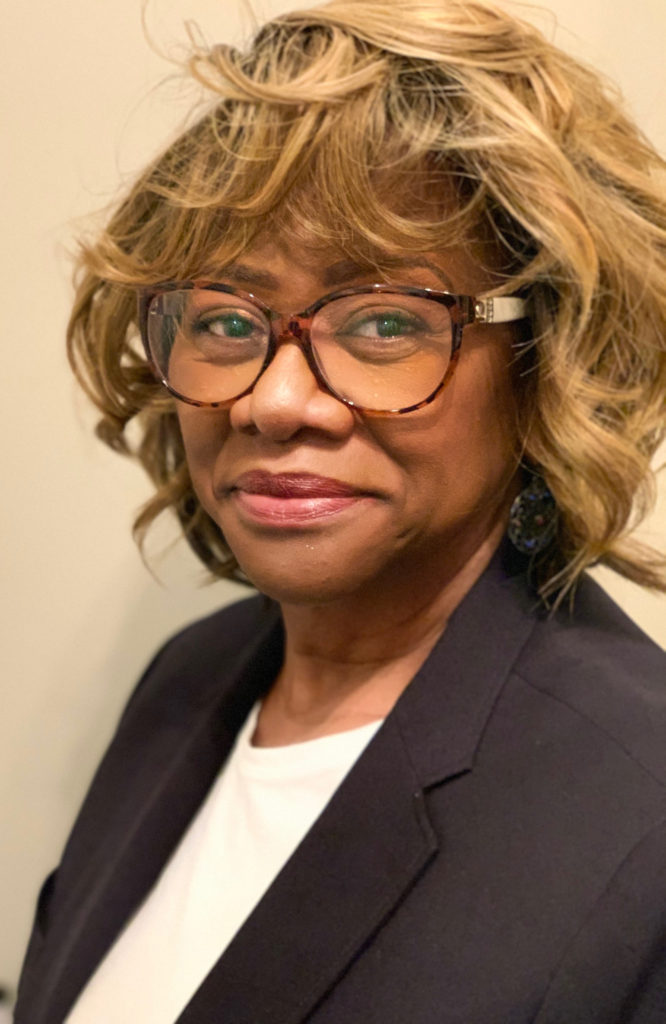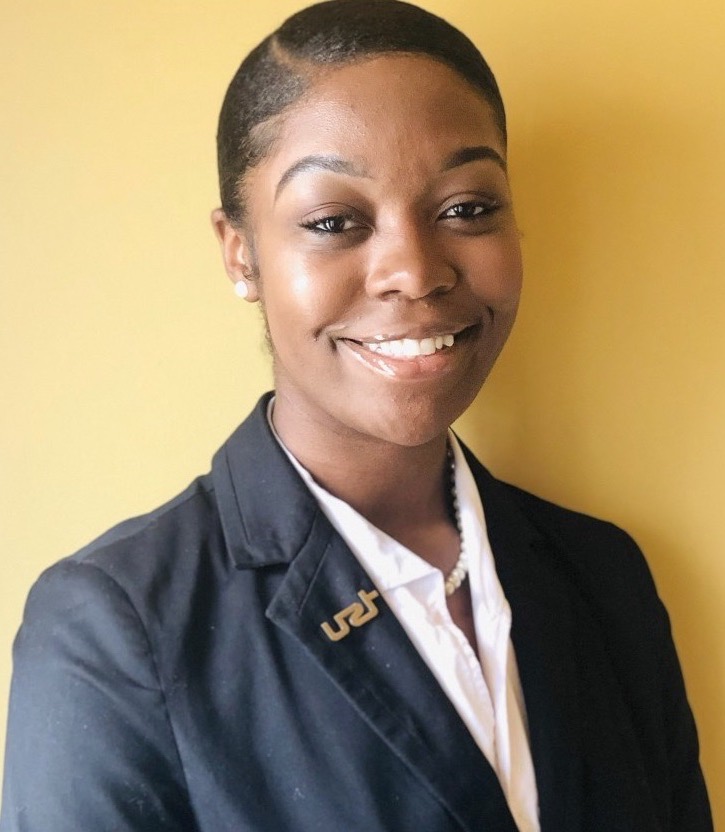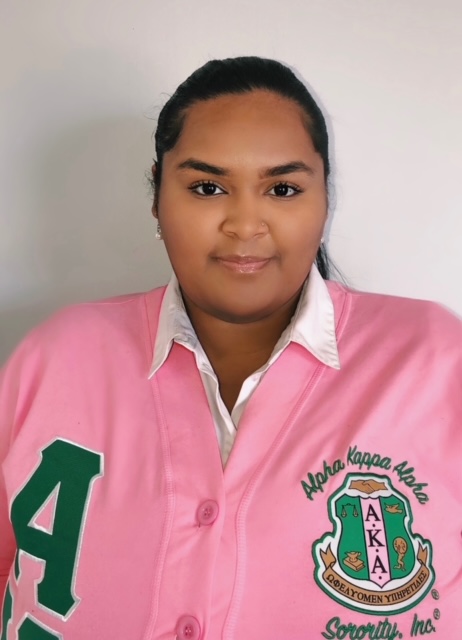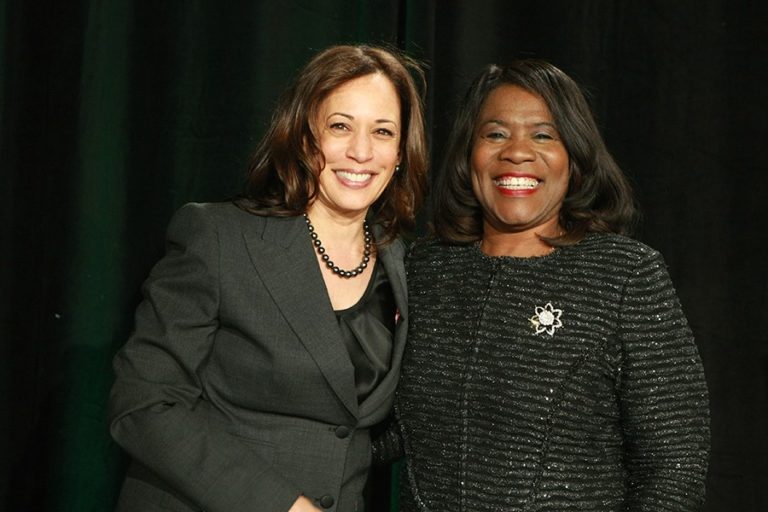NASHVILLE, Tenn. (TSU News Service) – Returning Tennessee State University students can spend more time focusing on their studies and less time worrying about finances after TSU announced it will be paying off their account balances. Instead of visiting the financial aid office, desperately seeking funds to cover previous school debt, the institution is wiping the slate clean. School officials say this will allow students to return to campus with their full attention on academics and campus life since being away because of COVID-19.
It’s important to note that this account balance forgiveness initiative applies only to returning students who were enrolled Spring 2020, Fall 2020, and Spring 2021. It will also cover Summer 2020 and 2021.
“We are keenly aware that the number one reason that students do not return to college is lack of funds,” said TSU President Glenda Glover. “Paying off account balances for our students will relieve some of the financial stress that they have and allow them to focus on studying and completing their degrees. At TSU, we pride ourselves in going that extra mile to assist our students. And that’s precisely what we are doing by paying student balances.”
Douglas R. Allen II, TSU’s vice president for business and finance, said funds to pay off the balances will come from the federal CARES Act, which was passed in March 2020. Earlier this year much needed additional funds were provided to educational institutions.
“At the end of the day, it’s about the commitment to our students and the University,” said Allen. “This is one of several initiatives we are implementing to assist them.”
“This is really good,” said seniorJeia Moore, a business information systems’ major from Memphis, Tennessee. “It shows this is more than just a school, it’s a family. If something happens, and I need help, then the school has my back. I love it!”
Grad student Tramon Jones agreed.
“TSU clearing my balance has been the best thing to happen to me all year,” said Jones, who is pursuing a master’s degree in Psychology. “No longer having a balance will allow me to focus on becoming a school counselor in my community.”
Grad student Kiaya Caine of Nashville said she’s grateful for the pay off, which will allow her to pursue her master’s in sports psychology.
“I actually wasn’t going to get my master’s, but now I’m grateful for the opportunity,” said Caine. “This initiative is going to help a lot of students.”
This is not the first time TSU has used the CARES Act funding to assist students. In May 2020, the University used federal funds to assist students and support institutional needs due to COVID-19.
TSU announced it will be fully operational for Fall 20201 and is expecting its largest freshman class in five years. Freshmen are scheduled to move in August 10-12, with returning students doing so the latter part of the week.
Department of Media Relations
Tennessee State University
3500 John Merritt Boulevard
Nashville, Tennessee 37209
615.963.5331
About Tennessee State University
Founded in 1912, Tennessee State University is Nashville’s only public university, and is a premier, historically black university and land-grant institution offering 39 bachelor’s degree programs, 24 master’s degree programs, and eight doctoral degrees. TSU is a comprehensive research intensive institution with a R-2 Carnegie designation, and has a graduate school on its downtown Avon Williams Campus, along with the Otis Floyd Nursery Research Center in McMinnville, Tennessee. With a commitment to excellence, Tennessee State University provides students with a quality education in a nurturing and innovative environment that prepares them as alumni to be global leaders in every facet of society. Visit the University online at tnstate.edu.





